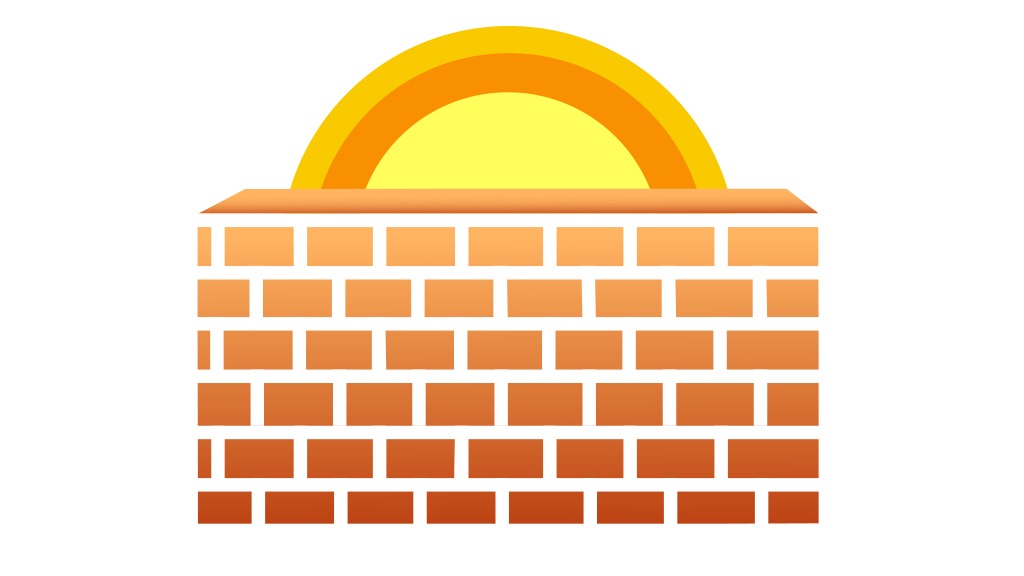Venezuela to Close Borders with Brazil
Venezuelan President Nicolás Maduro announced on Feb. 21, 2019 that the country is closing its border with Brazil, BBC News reported. The decision came in response to controversies over foreign aid, as well as questions about the legitimacy of Maduro’s role.
In January of this year, opposition leader and head of the Venezuelan National Assembly Juan Guaidó declared Maduro’s presidency to be invalid and named himself as the interim president of the country until a proper election could be held. Guaidó is recognized as the country’s leader by several foreign nations, including the United States; however, Maduro maintains control of the military. The call for a new round of free elections has gone unanswered.
Prior to Guaidó’s announcement, Venezuela was already in a state of economic turmoil. BBC News shared information from the National Assembly stating that the annual inflation rate reached 1,300,000% in 2018. In result, three million people have emigrated from Venezuela since 2014 to avoid hunger, lack of medical care, rising unemployment and violet crime, according to the United Nations as cited by BBC News.
Malaria is also reportedly on the rise within Venezuela’s borders despite being the first country certified to have eliminated malaria in 1961. The U.S. sent Venezuela food and emergency supplies, which Maduro’s government continues to refuse. According to The Associated Press Maduro sees this as part of a “U.S.-led coup plot” and is closing the Brazilian border to prevent aid from coming through. Brazil is among the countries recognizing Guaidó as the leader of Venezuela. Maduro stated that he is considering closing the Colombian border as well, while Guaidó and his supporters make their way there to retrieve other emergency supplies sent from the U.S.
Call for New Congressional Election in North Carolina
On Feb. 21, 2019, three and a half months after Election Day, the North Carolina State Board of Elections called for a new congressional election for the state’s 9th Congressional District. Although House of Representatives candidate Republican Mark Harris had a slight lead over Democrat Dan McCready in the unofficial results, the count was too close for a winner to be finalized. Allegations of absentee ballot fraud further contributed to the difficulty of calling the race.
Until the day of this decision, Harris maintained that the results of the election should be accepted, leaving him as the victor. The Associated Press outlines conversations between Harris and the elections board regarding allegations of ballot fraud against Leslie McCrae Dowless, a political worker in the employ of Harris’ campaign. However, during the Feb. 21 hearing, Harris ceased pressing for the race to be called in his favor and said he supported a new election. The election was ordered by the board that day, but no schedule for it has yet been released.
Fire in Bangladesh Capital City Highlights Public Safety Issues
On Feb. 20, 2019 a fire cut through Dhaka, the capital of Bangladesh, killing at least 78 people. The actual cause of the fire has not yet been determined, but it began in a residential building with what BBC News described as a “chemical warehouse” on the first floor.
The disaster occurred in the historic district of Chawkbazar, a highly populated area with close quarters. Difficulties in stopping the flames were attributed to poor public safety measures and a disregard for zoning laws heightened by local government corruption, The Associated Press said.
BBC News named Dhaka as “one of the world’s most densely populated cities” and outlined a brief history of similar events, including a fire in 2011 that killed 124 people. In far more recent history, another fire swept through the city of Chittagong, Bangladesh on Feb. 17, 2019 resulting in at least nine deaths.








